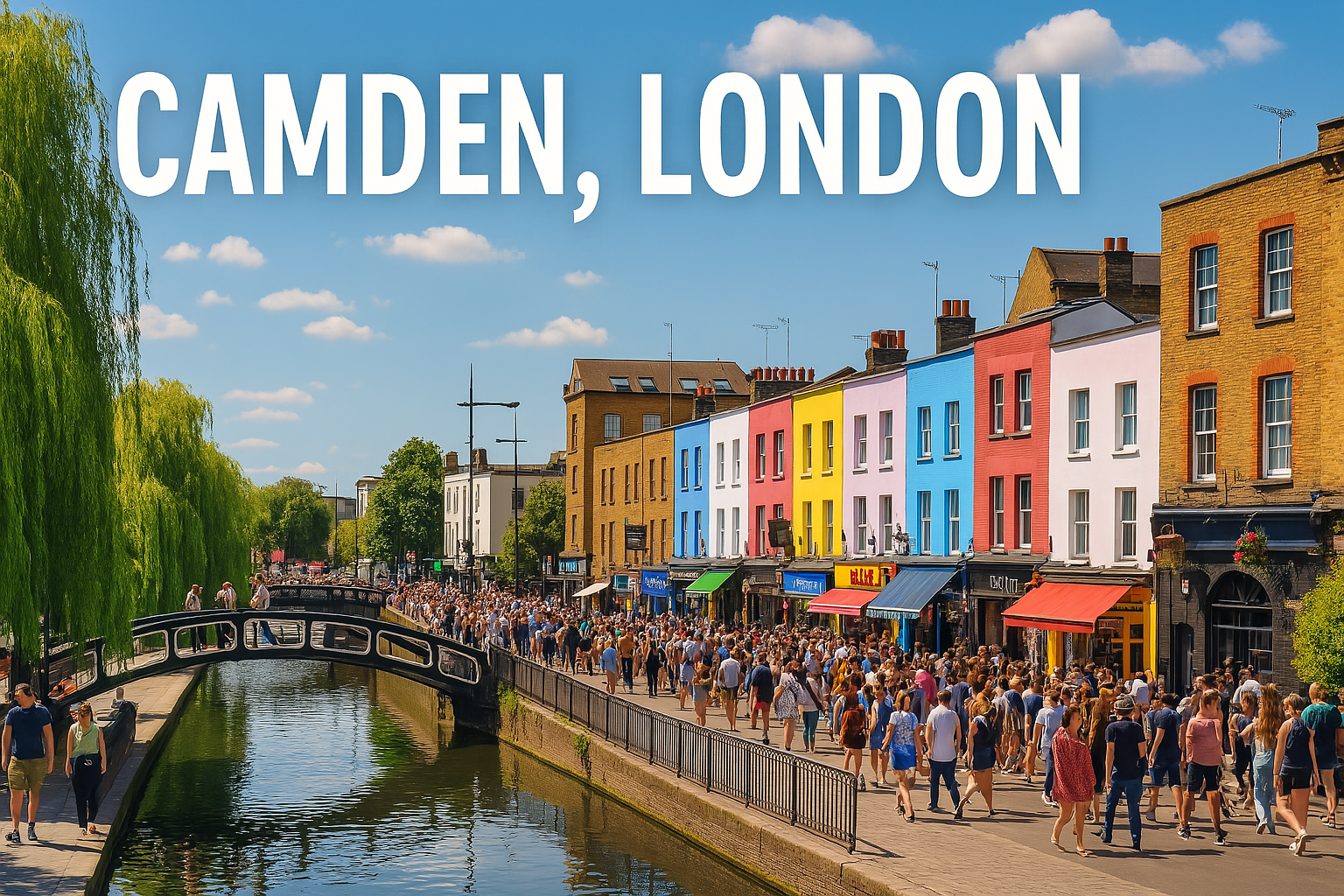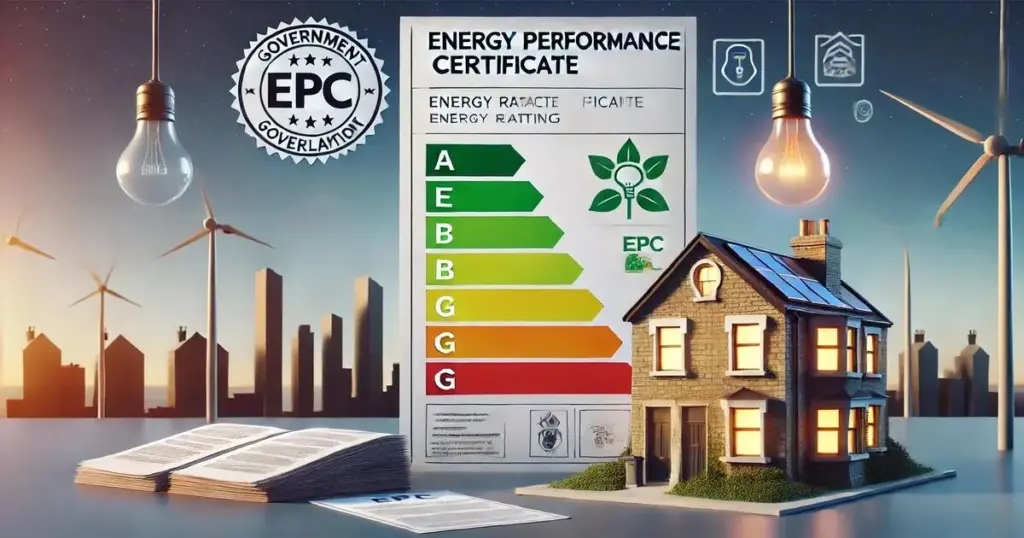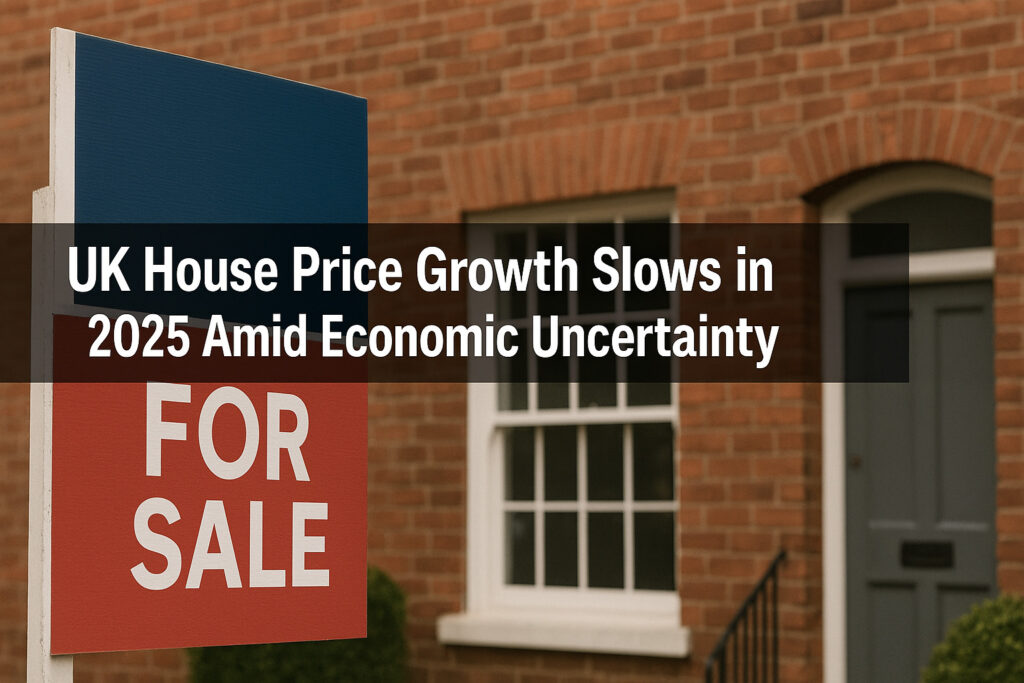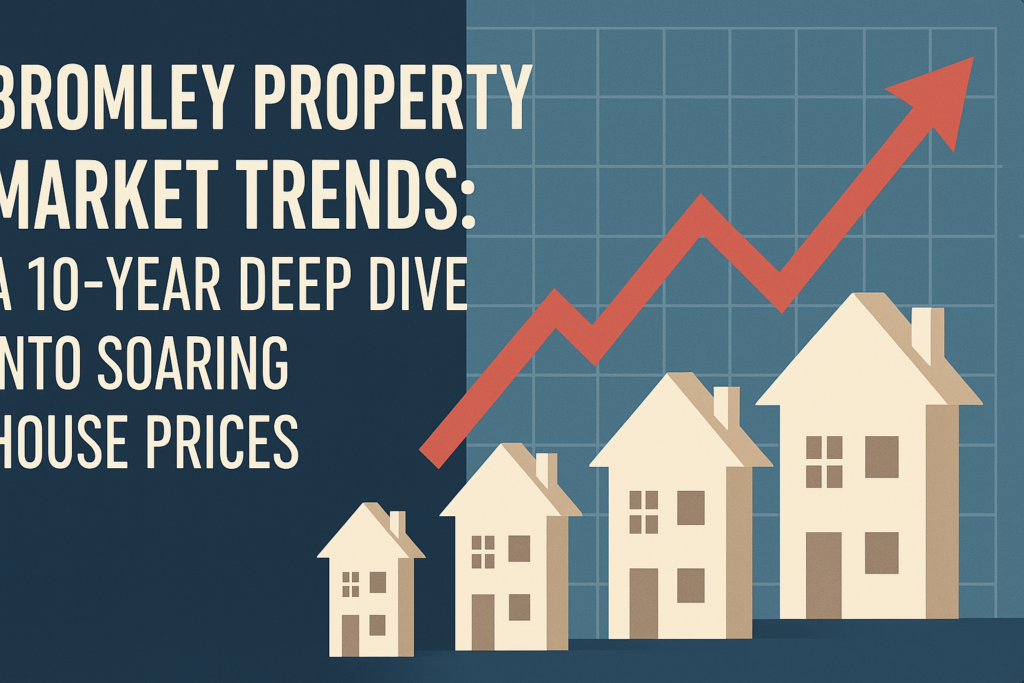The London Borough of Camden is one of the capital’s most dynamic and diverse cultural and economic areas.
With its central location, rich architectural heritage, and proximity to major universities and business hubs, it’s no surprise that the Camden housing and rental market in 2025 continues to attract both investors and residents alike.
This article will provide an in-depth overview of Camden’s property market, from rental trends to house prices, regeneration projects, and investment potential.
Whether you’re a tenant, landlord, buyer, or developer, this guide gives you a clear picture of what to expect in Camden’s real estate scene this year.
Introduction to Camden: A Prime London Location
The London Borough of Camden spans Bloomsbury, Kentish Town, Hampstead, King’s Cross, and Camden Town, each offering a unique flavour.
Known for its mix of historic buildings, academic institutions, and creative industries, Camden is a sought-after location for professionals, students, families, and tourists.
Being at the heart of Zone 1 and 2, Camden enjoys superb transport links, world-famous attractions like Camden Market, and top-notch amenities.
These features have long made it a competitive housing market, and in 2025, that competition remains intense.
Current Rental Market Trends in Camden (2025)
The rental market in Camden 2025 is facing high demand, driven by a surge in international students, young professionals, and remote workers returning to the city. Here are some of the current trends:
Average rents in Camden have risen by 7% year-on-year, with one-bedroom flats averaging around £2,300 per month and two-bedroom properties fetching close to £3,200.
Student accommodation demand remains strong due to the proximity to UCL, SOAS, and other central universities.
Corporate lets are increasing, especially in King’s Cross and Fitzrovia, where tech and media companies thrive.
Short-term rentals and serviced apartments have also returned post-pandemic, attracting digital nomads and business travellers.
Key Areas to Watch in Camden
Camden offers a wide variety of neighbourhoods, each appealing to different demographics:
Hampstead – Leafy, affluent, and perfect for families or high-net-worth individuals.
Camden Town – Vibrant, alternative, and favoured by creatives and students.
King’s Cross – A modern hub with luxury flats and commercial developments.
Kentish Town – A growing hotspot for young professionals.
Bloomsbury – Academic and historic, ideal for students and scholars.
Each area sees unique patterns in demand and pricing, but all benefit from Camden’s central location and amenities.
Housing Supply and New Developments
Camden’s Due to its dense urban environment and strict planning regulations, Camden’s housing supply has historically been tight. However, 2025 is seeing a rise in regeneration projects, especially in the King’s Cross area.
Regent’s Place and Camley Street redevelopment deliver new housing units, many of which are build-to-rent or mixed-use developments.
The Highgate New Town project adds a mix of social housing and private homes.
Camden Council continues to invest in energy-efficient, affordable homes as part of its Community Investment Programme (CIP).
Still, demand continues to outpace supply, keeping property prices and rents elevated.
Camden Property Prices in 2025
As of early 2025, the average property price in Camden stands at around £1.05 million, with significant variation based on property type and location.
Flats average around £800,000.
Terraced houses often range from £1.2 million to £2.5 million.
Detached homes in Hampstead or Highgate can reach over £5 million.
Price growth in Camden is forecasted to continue, albeit more modestly than in previous years, with an expected 3-5% increase in 2025, primarily due to limited supply and continued buyer interest.
Buy-to-Let Market in Camden
For investors, Camden remains a lucrative but competitive buy-to-let market.
Depending on location and property type, rental yields range between 3-4.5%.
Properties near universities or transport hubs generally see lower void periods and strong tenant demand.
HMO (House in Multiple Occupation) licensing is strictly enforced in Camden, making compliance essential for landlords.
With the rise of professional co-living spaces, there’s an emerging trend toward luxury shared accommodation.
Investors need to balance higher property prices with rental demand and stay current with Camden’s licensing regulations and tax implications.
Camden’s Social and Affordable Housing Landscape
Camden firmly commits to social housing, with over 30% of households living in council or housing association homes. In 2025, the borough continues to:
Invest in regenerating council estates.
Develop affordable housing schemes under Section 106 planning agreements.
Push back against buy-to-leave properties to ensure homes are occupied.
However, waiting lists for social housing remain long, and rising rents in the private sector mean many low-income residents face housing stress.
Sustainability and Green Building Trends
Sustainable development is becoming central to Camden’s housing strategy.
All new builds must meet BREEAM Excellent or Passivhaus standards.
Retrofitting older council estates is a priority, as well as reducing carbon emissions and improving insulation.
Green roofs, bike storage, and EV charging points are increasingly common in private and public developments.
Eco-conscious buyers and renters strongly prefer energy-efficient homes, making this an essential factor in market trends.
Challenges Facing Camden’s Housing Market
While demand remains strong, Camden’s property market faces several key challenges in 2025:
High property prices make homeownership unattainable for many locals.
Rental affordability is an issue, especially for students and low-to-mid-income workers.
Limited land for development constrains new housing supply.
Planning permission bottlenecks and community opposition can delay new projects.
Rising interest rates impact mortgage affordability, pushing more people into the rental sector.
These issues require balanced policy decisions and creative solutions to ensure Camden remains livable and inclusive.
Future Outlook: What’s Next for Camden’s Housing Market?
Looking ahead, Camden’s housing market in 2025 appears resilient. Despite broader economic uncertainty, the borough benefits from:
Its central London location.
Proximity to key employment sectors like tech, media, and academia.
Ongoing infrastructure improvements such as Crossrail and HS2 connections.
Strong demand from both domestic and international buyers and renters.
Expect to see continued investment in build-to-rent, a growing emphasis on green construction, and more hybrid living-work spaces to meet the needs of a modern workforce.
Frequently Asked Questions – Camden Rental and Housing Market 2025
1. Is Camden an expensive area to rent in 2025?
Yes, Camden remains one of the more expensive boroughs in London to rent. In 2025, the average rent for a one-bedroom flat is around £2,300 per month, while two-bedroom properties can exceed £3,000 per month, especially in popular areas like King’s Cross or Hampstead.
2. What is the average house price in Camden in 2025?
As of 2025, the average property price in Camden is approximately £1.05 million. Flats typically cost around £800,000, while terraced houses range from £1.2 million to £2.5 million.
3. Which areas in Camden are best for families?
Hampstead, Highgate, and Belsize Park are ideal for families due to their green spaces, top-rated schools, and safe, community-friendly environments.
4. Is Camden a good place to invest in property?
Yes, Camden is considered a prime investment location. Despite high entry costs, the borough benefits from strong rental demand, low vacancy rates, and continued regeneration projects, especially around King’s Cross.
5. Are there affordable housing options in Camden?
Camden does offer social and affordable housing, but the availability is limited due to high demand and long waiting lists. The council is actively working to expand this through new developments and estate regeneration.
6. What rental yield can landlords expect in Camden?
Rental yields in Camden typically range from 3% to 4.5%, depending on the property type, condition, and exact location. Areas near universities and transport links perform best.
7. Are there new developments happening in Camden in 2025?
Key developments include projects in King’s Cross, Camley Street, and Highgate New Town. These offer a mix of private, affordable, and build-to-rent homes.
8. Is Camden a good area for students?
Camden is close to UCL, SOAS, Birkbeck, and King’s College, making it a hotspot for student accommodation.
Areas like Bloomsbury and Camden Town are particularly popular among students.
9. What are the main challenges in Camden’s housing market?
Key challenges include:
High property and rental prices
Limited housing supply
Strict planning regulations
Rising mortgage rates
Affordability pressures for locals
10. Are green and sustainable homes ordinary in Camden?
Yes, Camden has made sustainability a key focus. New builds are expected to meet eco-friendly standards like Passivhaus or BREEAM, and older homes are being retrofitted for energy efficiency.
Conclusion
Camden’s rental and housing market for 2025 is defined by strong demand, limited supply, and high property values.
Whether you’re a tenant, landlord, investor, or first-time buyer, navigating this market requires understanding the local dynamics, upcoming developments, and policy landscape.
With its strategic location, rich heritage, and strong community focus, Camden remains a prime destination for property seekers in London.
While affordability remains a concern, innovative housing strategies and regeneration efforts suggest a promising and evolving future for the borough.
For those looking to invest or move into Camden, 2025 offers both opportunity and competition—but with the right approach, the rewards can be substantial.
Let me know if you’d like a version tailored specifically for landlords, investors, or renters—or if you want this turned into a downloadable PDF guide.
Read our other Blogs:
Choosing The Right London Estate Agent: What You Must Know
What Happens If There Is No Will? Understanding Intestacy Rules In The UK – London Estate Agency





